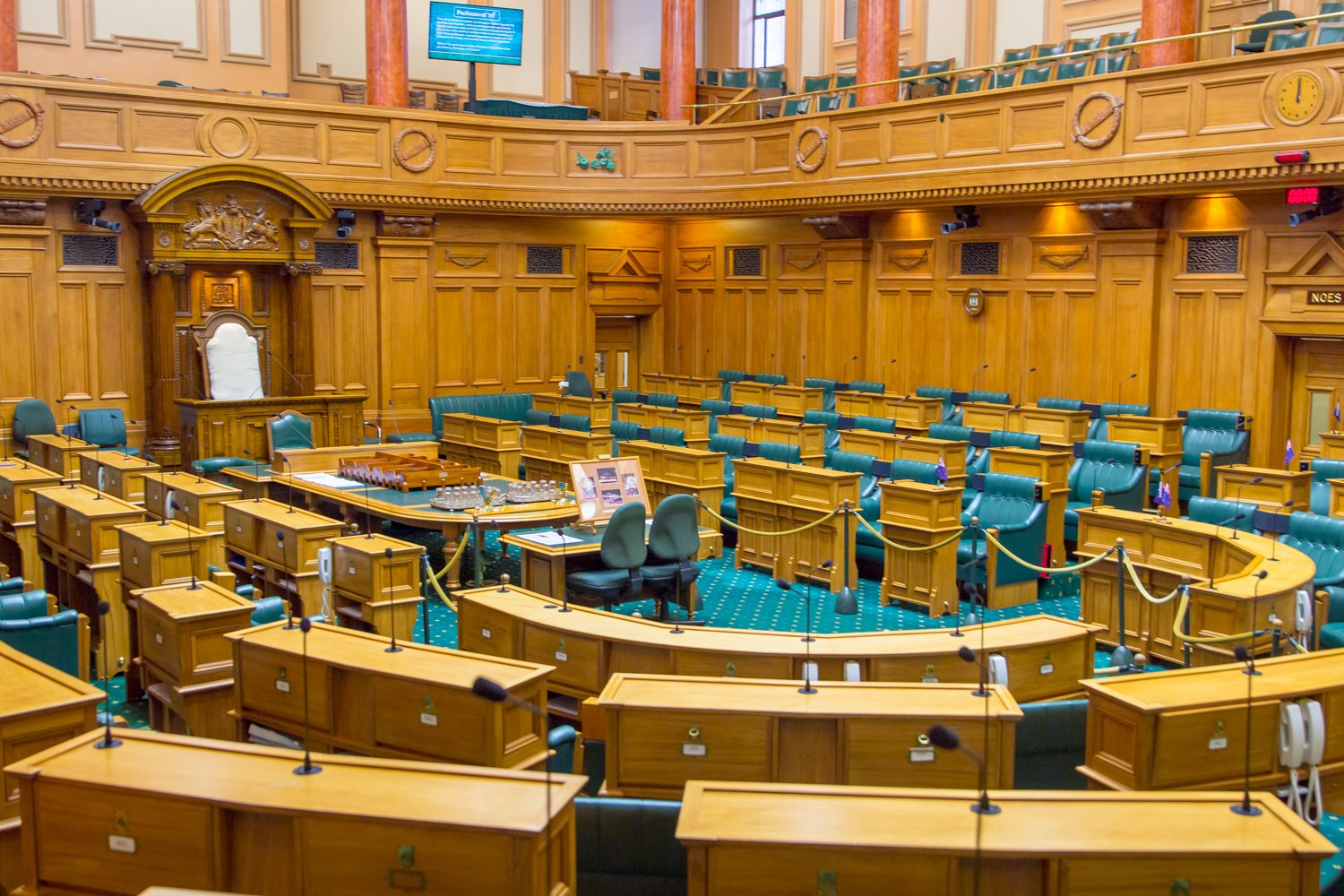WELLINGTON, New Zealand — A parliamentary committee in New Zealand has recommended suspending three Māori MPs following a protest haka performed during a parliamentary sitting last year. The committee’s findings mark one of the most severe disciplinary actions proposed in recent memory.
The incident involved Opposition MP Hana-Rawhiti Maipi-Clarke, who led the traditional Māori dance — a haka — in response to a question about her party’s support for a controversial bill aiming to redefine the Treaty of Waitangi, New Zealand’s founding document. The bill, which has since been decisively rejected by Parliament, sparked widespread debate and protest nationwide.
The committee concluded that the haka could have intimidated fellow lawmakers. As a result, it recommended that Maipi-Clarke be suspended for one week. In addition, Te Pāti Māori co-leaders Rawiri Waititi and Debbie Ngarewa-Packer face proposed suspensions of 21 days each.
The Māori Party criticized the recommendations, describing them as a “warning shot to all of us to fall in line,” and condemned the penalties as harsh and disproportionate. In a statement, the party used the Māori phrase “tangata whenua,” meaning “people of the land,” to underscore their view that this response represents a colonial power exerting authority over indigenous voices.
Deputy Prime Minister Winston Peters, who is Māori himself, expressed strong opposition to the MPs’ actions, calling them “out-of-control MPs who flout the rules and intimidate others with outrageous hakas.” The proposed suspensions will be put to a parliamentary vote scheduled for next Tuesday.
The controversy centers on the Treaty Principles Bill, which sought to legally redefine aspects of the Treaty of Waitangi — the 1840 agreement between the British Crown and Māori chiefs that laid the foundation for New Zealand’s colonization and governance. The bill was overwhelmingly defeated in Parliament last month, with 112 votes against and only 11 in favor.
The bill was primarily supported by the right-wing ACT Party, which argued that legally defining the treaty’s principles was necessary to address what it sees as racial division in the country. However, critics warned the bill would deepen social divides and weaken support for Māori communities.
The bill’s introduction sparked significant public backlash, including protests outside Parliament involving over 40,000 people, and a nine-day march from New Zealand’s far north to Auckland. During the bill’s first reading, Maipi-Clarke notably tore up a copy of the legislation.
The episode reflects ongoing tensions in New Zealand politics regarding Māori rights, historical grievances, and national identity, as well as the evolving relationship between the government and its indigenous population.
For more updates on New Zealand politics and global news, visit BlogHear.com.




